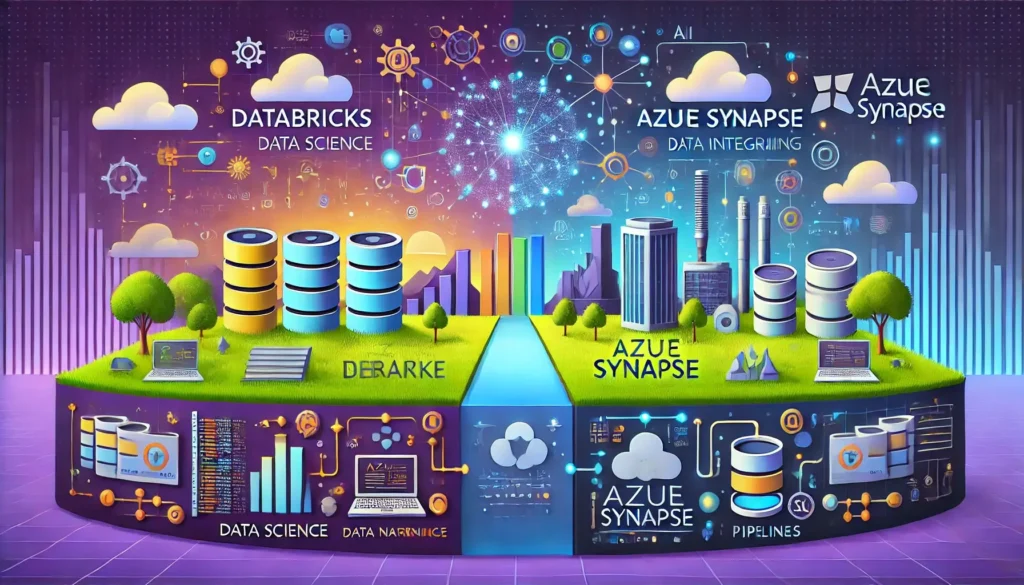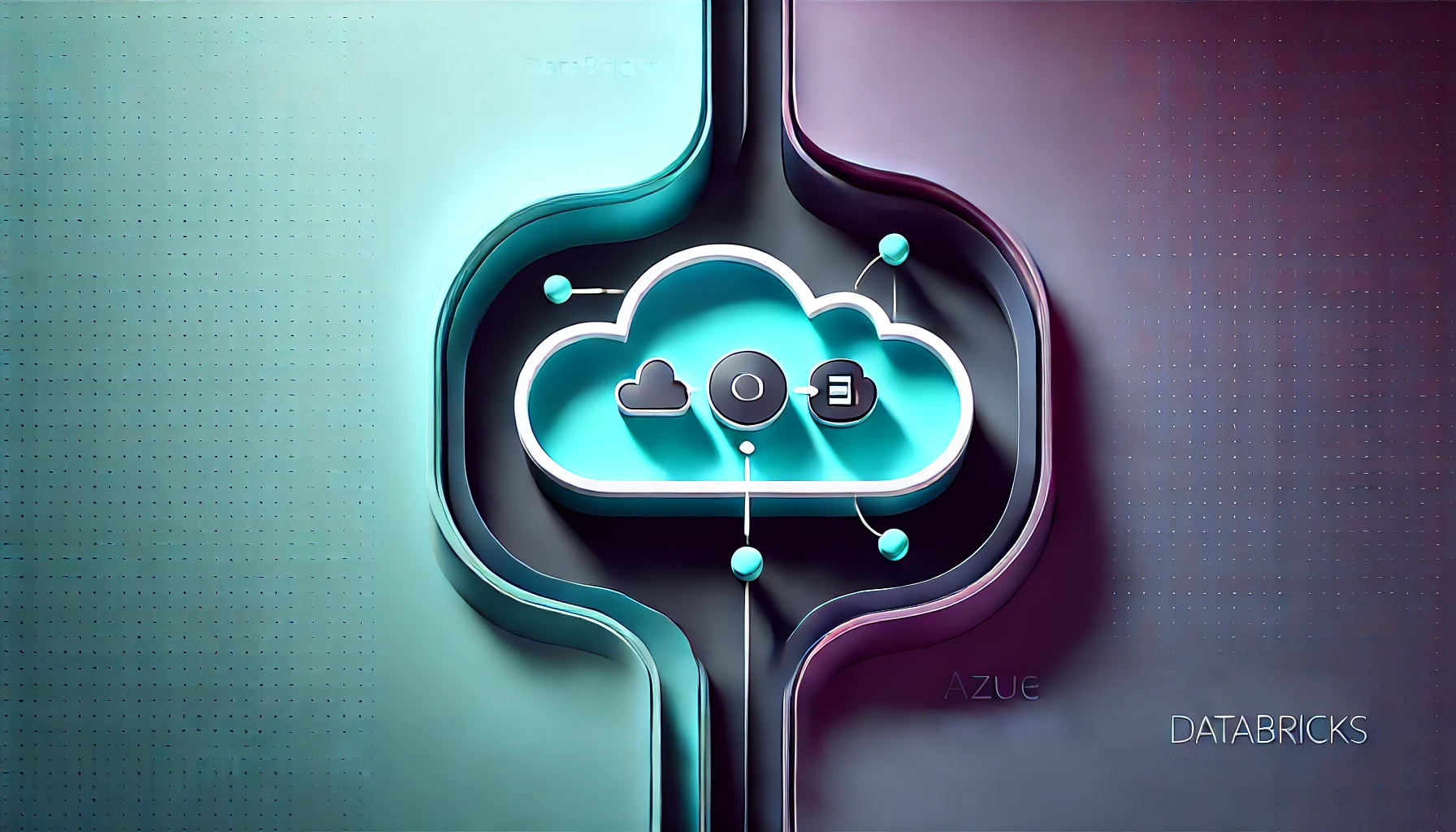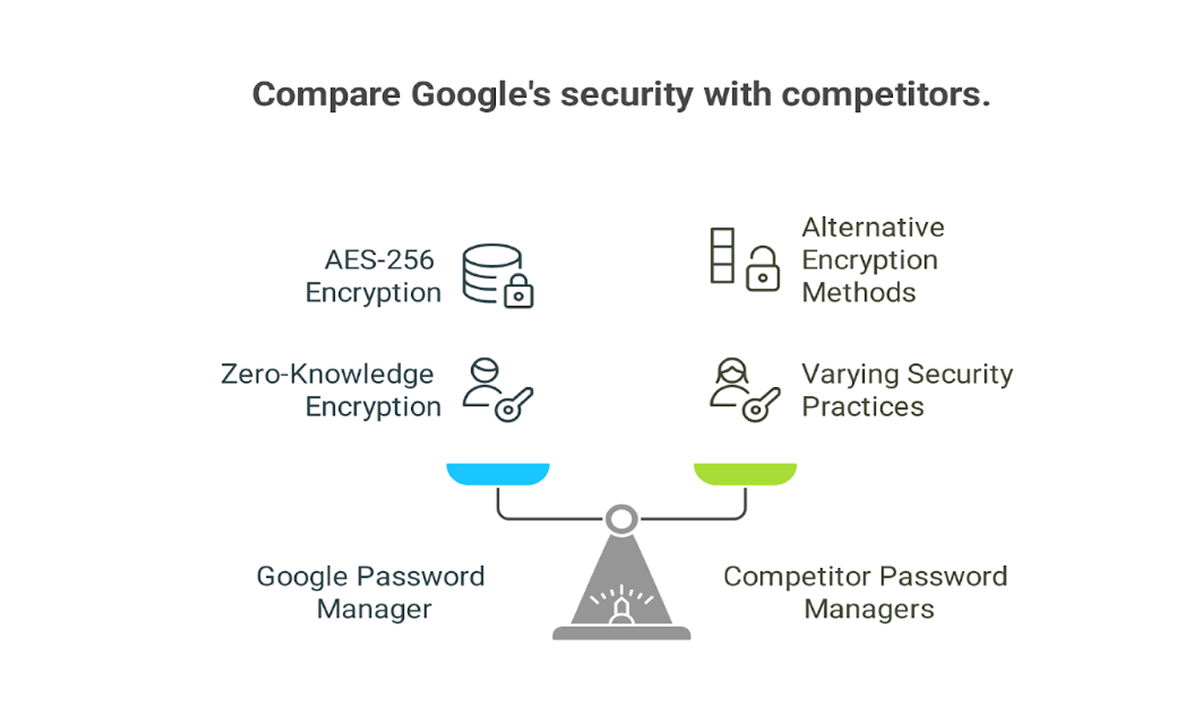When it includes massive records and system learning, names frequently stand out: Databricks and Azure Databricks. If you’re new to the sector of statistics engineering or simply exploring analytics systems, you’ll probably wonder: what’s the difference between these two? Both systems promise to revolutionize the way we control records, but, they’re no longer identical. In this newsletter, we’ll break it all down into simple, understandable phrases.
- Databricks vs Azure Databricks Blogs Reddit: What Do the Experts Say?
- Databricks vs Azure Databricks Blogs GitHub: Developer Insights
- Databricks vs Azure Synapse: Which Platform Suits Your Needs?
- Azure Databricks vs Data Factory: Understanding the Differences
- Why Choose Azure Databricks?
- Conclusion: Databricks vs Azure Databricks
Databricks vs Azure Databricks Blogs Reddit: What Do the Experts Say?
A short search on Reddit will monitor numerous discussions about Databricks vs Azure Databricks. Reddit is domestic to businesses like r/dataengineering and r/BigData, wherein facts experts present their stories with every shape.
One common sentiment is that Azure Databricks integrates seamlessly with Azure’s distinctive services, making it a handy preference for corporations that already use Microsoft products. However, Databricks on one-of-a-kind cloud systems like AWS or Google Cloud are favored with the aid of way of those looking for a multi-cloud solution.
It’s well worth surfing through those forums to get insights from actual global customers, look at their reviews, and make an informed choice. You can be a part of discussions, ask questions, or examine distinctive patron opinions in one’s businesses.
Explore extra on Reddit through r/BigData or r/dataengineering.
Databricks vs Azure Databricks Blogs GitHub: Developer Insights
GitHub is another excellent platform for exploring Databricks vs Azure Databricks. Many developers percent their open-source tasks, tutorials, or even personal critiques working with both systems.
For instance, a GitHub repository may also additionally display a person who’s created information pipelines on Databricks with the usage of Python and Apache Spark, at the same time as others also can show off how they’ve constructed similar pipelines however in Azure Databricks, with direct integration into Azure Data Lake Storage or Azure Machine Learning.
GitHub is a precious aid for locating real global code examples and learning how builders’ method records workflows. It’s additionally an extraordinary region to appearance at how terrific gadgets and integrations paint in a workout, from records ingestion to system gaining knowledge.
You can test out associated duties on GitHub by visiting GitHub and trying to find Databricks or Azure Databricks.
Databricks vs Azure Synapse: Which Platform Suits Your Needs?

While exploring Databricks vs Azure Databricks, it’s also vital to recognize how Databricks compares to Azure Synapse—some other vital player inside the records analytics international. Azure Synapse (formerly SQL Data Warehouse) integrates facts warehousing with huge facts and analytics services, supplying superior abilities for facts integration, analytics, and enterprise intelligence.
The key difference between Azure Synapse and Databricks is that Azure Synapse is ideal for statistics warehousing, while Databricks makes a specialty of statistics engineering and tool–gaining expertise. If your corporation requires effective analytics and fact processing throughout a couple of fact sources, Azure Synapse may be the proper choice. However, in case you have an interest in machine getting-to-know, data technological know-how, and AI, Databricks gives better assistance for the ones using instances.
Read more about Azure Synapse on Microsoft’s website online.
Azure Databricks vs Data Factory: Understanding the Differences
Another critical comparison even when discussing Azure Databricks is its dating with Azure Data Factory. Azure Data Factory (ADF) is a cloud-primarily based information integration service that permits clients to move statistics amongst unique offerings and systems. ADF is an ETL (extract, rework, load) device, at the same time as Azure Databricks is designed for statistics analytics and machine learning.
Many companies use every Azure Data Factory and Azure Databricks collectively. For instance, you can use Azure Data Factory to move raw facts from a data lake into Azure Databricks for processing and assessment. Azure Data Factory handles the statistics orchestration, and Azure Databricks plays the heavy lifting for facts engineering responsibilities.
In this case, each gear complements every other. If your primary need is to orchestrate facts workflows, Azure Data Factory is crucial. However, if you want to be conscious of statistics processing, system analysis, and facts engineering, Azure Databricks is in that you’ll need to do the maximum of your artwork.
Why Choose Azure Databricks?

Let’s take a look at an instance to make things clearer.
Imagine Sarah, a facts engineer, works for a mid-sized e-change organization. Her institution wanted a platform to procedure patron records and assemble machines gaining knowledge of models. Initially, they took into attention the use of Databricks on AWS. However, Sarah found out her organization already uses Azure for its storage and analytics.
By selecting Azure Databricks, Sarah’s team stored weeks of configuration time, decreased charges by way of the use of Azure Reserved Instances, and improved collaboration with their modern Azure DevOps equipment. The deep integration with Power BI even helped their commercial enterprise group create actual-time dashboard effects.
Conclusion: Databricks vs Azure Databricks
If your organization uses an aggregate of cloud systems or desires flexibility, Databricks is probably the better desire. However, if you’re an Azure individual or want a tightly included, clean-to-manipulate answer, Azure Databricks is a no-brainer.
Azure Databricks combines the energy of Databricks with Azure’s infrastructure, making it nice for businesses searching out seamless integration, sturdy protection, and unrivaled scalability. Whether you’re a small startup or a global employer, Azure Databricks offers the equipment and help you want to lose up the general capability of your information.
Ready to take the next step? Explore Azure Databricks nowadays and rework your facts journey.




